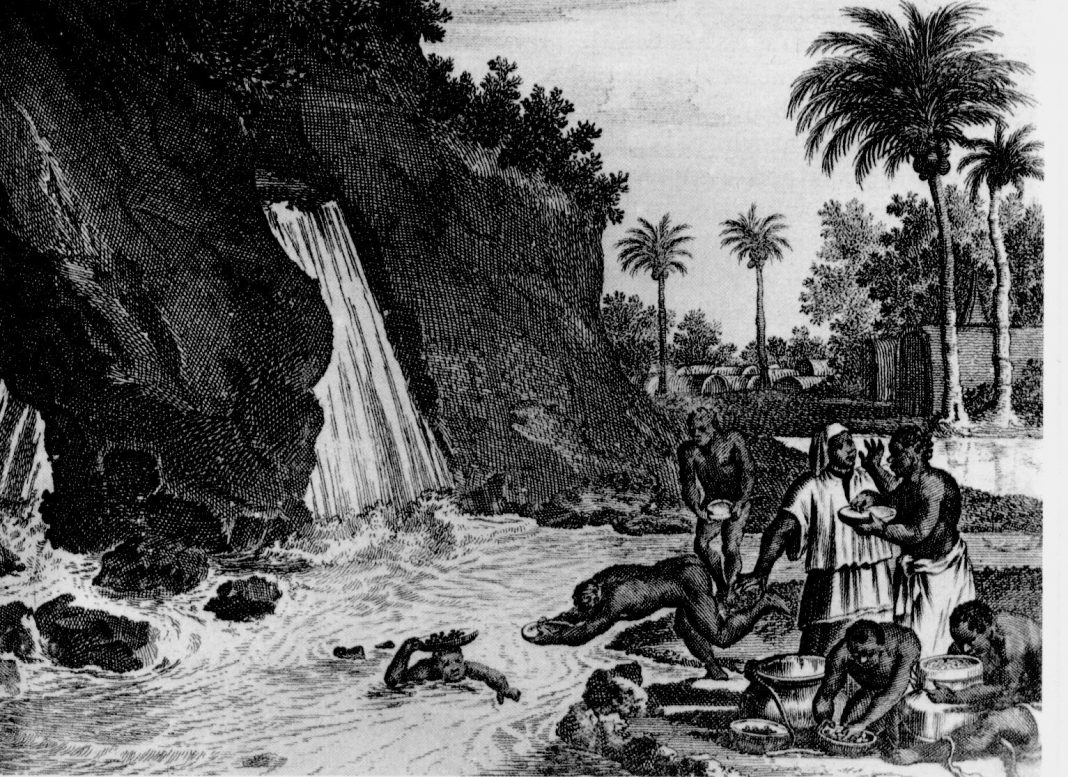Ghana Colonization: British, Portuguese, Gold Coast, Elmina
Colonization is when a foreign power takes over a territory or region and dominates it politically, economically, socially, and culturally over the native people. This is usually done by putting people from the colonizing power into the new territory and imposing the colonizer’s laws, customs, and institutions on the people who already live there.
Colonization has happened many times throughout history. Some famous examples are when European powers colonized the Americas, Africa, and Asia, as well as when they colonized Australia and New Zealand. Indigenous peoples’ rights and cultures were often taken away, and they were often hurt by violence and exploitation.
Ghana before Colonization: Tribes & Ethnic Groups.
Ghana consists of numerous ethnic groups presumed to have relocated in different periods from several countries to settle in present day Ghana. There is a historical controversy as to which tribe first landed on Ghana‘s soil.
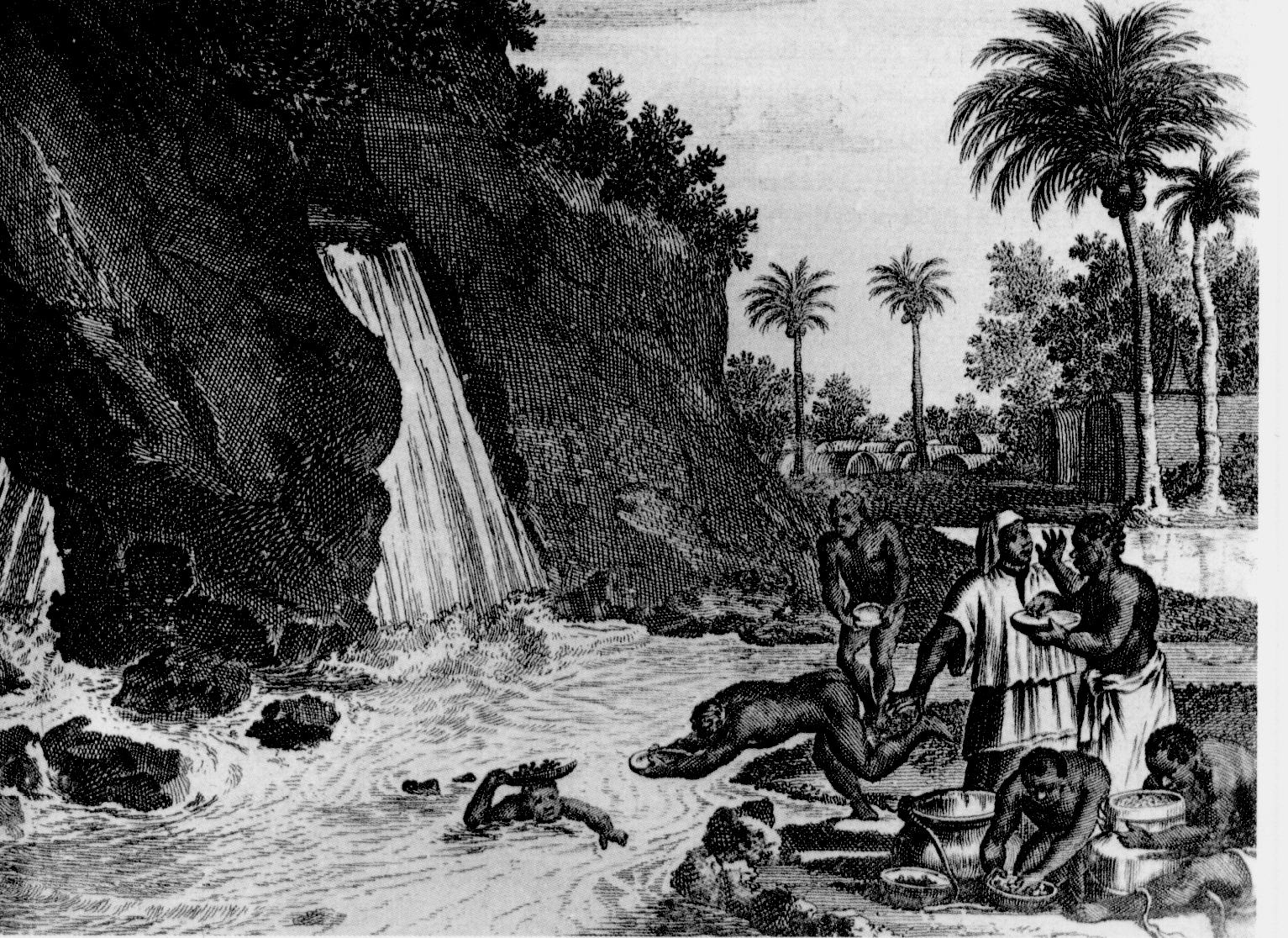
Previous Ghanaian writers revealed that ethnic groups such as Gonjas, Dagombas, Bonos, Mamprusis and Guans might have been part of the first to settle on the land of present day Ghana.
It is presumed that the first settlers on Ghana’s soil might have migrated here from the 10th to 11th centuries. Nonetheless, somewhere in the mid-17th century, the majority of the ethnic groups that make up present-day Ghana had already settled in their present locations.
It is also believed that there are diverse reasons behind the locations of each ethnic group in Ghana, some include; migrants escaping from wars, migrants looking for new kingdoms, a place to hunt, fertile lands for farming, or simply a comfortable place to live.
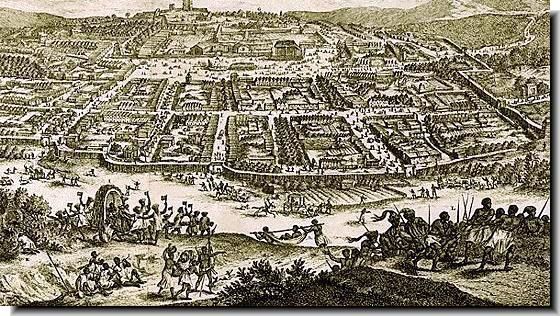
The ethnic groups and tribes started forming empires to build their centralized system to carry out trade, improve their power and expand their territories after they settled on Ghana’s soil.
These Empires included the Asante Empire, the Bono Empire, the Akwamu Empire, the Adansi Empire and the Denkyiras among others.
Each tribe began engaging in barter trade and eventually incorporated intermarriage arrangements. Inter-tribal wars later the years began and that forced some ethnic groups to serve others. Due to this, multiple internal migrations occurred which brought about unity amongst these ethnic groups.
The actually facts as to how ethnic groups and royal families relocated to settle in Ghana from other parts of Africa is still being looked into by various Ghanaian history authors.
It must be noted that the ethnic groups as they are known today were not known by their current names centuries ago.
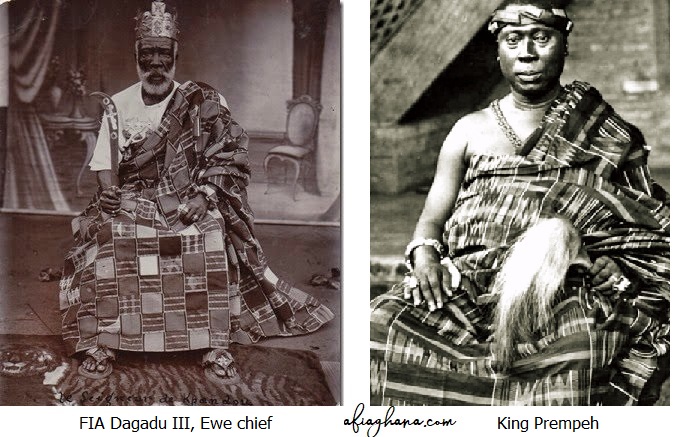
Ghana During Colonization
Many historical reports and including that of Robin Hallet, emphasize the fact that the Portuguese were the very first colonial rulers to settle on Ghana’s soil to carry out trade in the mid-15th century.
The Portuguese masters uncovered huge deposits of gold somewhere around the Ankobra and Volta rivers and decided to settle in Ghana. They later named the place Mina which means “Mine” in Portuguese.
In the year 1481, the Portuguese King John II, through Don Diego d’Azambuja, the leader of the Portuguese delegation in Gold Coast, built a castle called St. George’s Castle at present-day Elmina.
The St. George’s castle was finally completed in the year 1482 with the purpose of trading in gold, ivory, and slaves. The Dutch later joined the Portuguese around 1598 and established two forts, namely Fort Vredenburg at Komenda, and Fort Amsterdam at Kormantse.
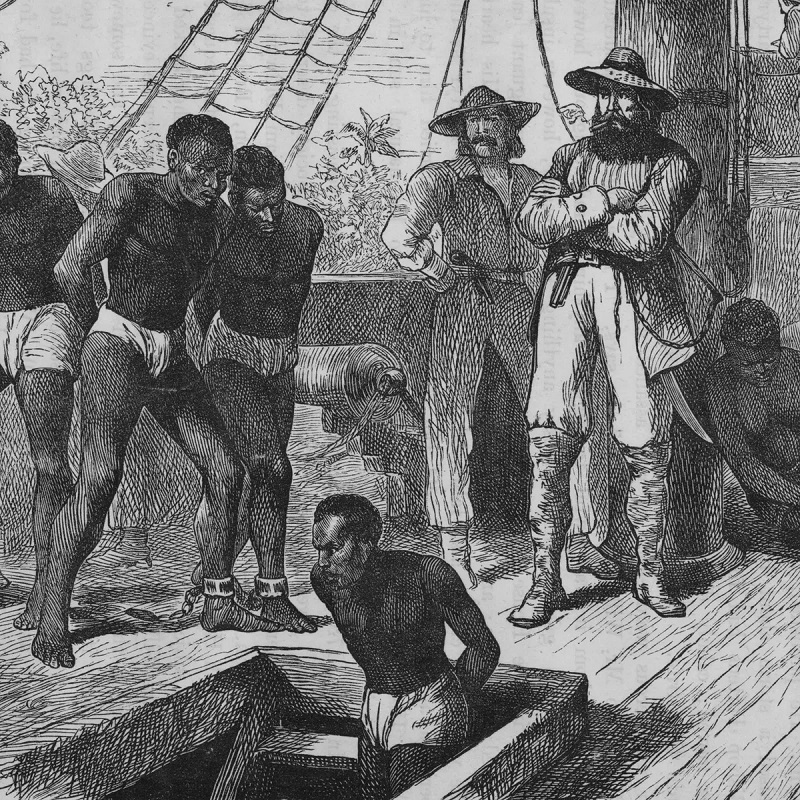
The Dutch dominated the Portuguese in the 1640s and by the mid-18th century the English, Danes, and Swedes joined the trade. In the 19th century, all of them left apart from the Dutch and British with the British obtaining most of the forts along the coast of Ghana.
Following the departure of the Dutch in 1874, which made it was possible for the British to take up the name Gold Coast and make it a top territory. This is how the British came to be known as the colonial masters of Ghana.
Read also: Ghana Language Twi, Ga, Ewe | Languages Spoken in Ghana
